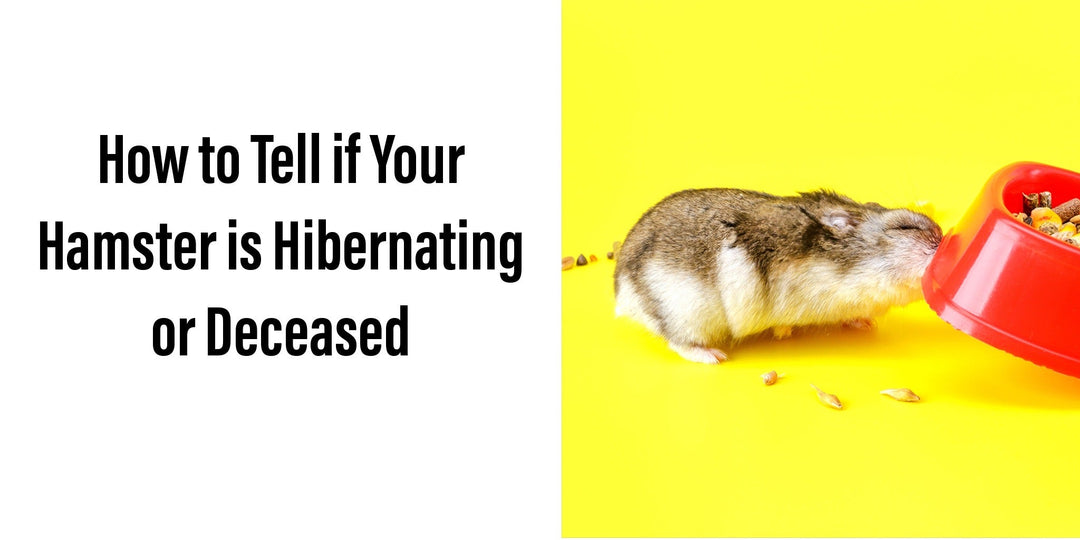The Emotional Bond: Unveiling the Psychology of Pets and Their Owners
In the realm of human-animal relationships, the bond between pets and their owners occupies a special place, marked by an emotional depth that transcends words. This connection, rooted in centuries of companionship, has evolved into a subject of scientific interest and heartwarming narratives that highlight the psychological and therapeutic dimensions of pet ownership. From the gentle nuzzle of a dog to the comforting purr of a cat, pets have a unique way of understanding and impacting our lives, offering insights into the psychology of pet ownership and the myriad ways they enhance our wellbeing.
The Psychological Tapestry of Pet Ownership
Pet Psychology and Emotional Connections: At the core of the pet-owner relationship is a mutual emotional connection that can significantly impact an owner's psychological state. Pets, with their intuitive understanding and nonjudgmental presence, offer a unique form of emotional support. Studies have shown that interacting with pets can reduce levels of cortisol, a stress-related hormone, while increasing levels of serotonin and dopamine, neurotransmitters associated with happiness and wellbeing.
Mental Health Benefits of Pets: The role of pets in enhancing mental health is a testament to their therapeutic potential. Animal-assisted therapy, a growing field, harnesses the calming and healing powers of pets to aid in the treatment of conditions like depression, anxiety, and PTSD. The simple act of petting a dog or cat can lower blood pressure and heart rate, providing a sense of calm and comfort in moments of distress.
Beyond Companionship: The Advantages of Pet Therapy
Pet Therapy Advantages: The structured use of pets in therapeutic settings, known as pet therapy or animal-assisted therapy, offers remarkable benefits. Beyond the emotional support, these programs can improve socialization, increase physical activity, and even enhance cognitive functioning in participants. The presence of an animal can make therapy sessions feel more relaxed and less intimidating, facilitating openness and emotional healing.
Animal Behaviorist Insights: Experts in animal behavior and psychology shed light on the mechanisms behind the pet-owner bond. They explain how pets, particularly dogs and cats, have evolved to become attuned to human emotions and behaviors, enabling them to respond in ways that are comforting and supportive. This evolutionary perspective underscores the mutual benefits of the relationship, with pets gaining security and affection, while owners receive unconditional love and understanding.
Remarkable Pet-Owner Stories
Across the globe, countless stories highlight the extraordinary connections between pets and their owners. From pets detecting health issues in their owners to those traveling vast distances to reunite with their families, these narratives underscore the depth of the pet-owner bond. Such stories not only warm our hearts but also reinforce the psychological and emotional ties that bind humans and animals.
The Impact of Pets on Wellbeing
The benefits of pet ownership extend into various aspects of wellbeing, including physical health, emotional stability, and social connectivity. Pets encourage more active lifestyles and provide a sense of purpose and companionship that can be particularly beneficial for those living alone. The positive impact of pets on wellbeing is a multifaceted phenomenon, reflecting the complexity and richness of the human-animal bond.
Conclusion: A Bond Like No Other
The emotional bond between pets and their owners is a testament to the capacity for cross-species understanding and companionship. This unique relationship offers profound psychological benefits, enhancing mental health, providing therapeutic support, and enriching our lives with remarkable stories of loyalty and love. As we continue to explore the psychology of pet ownership and the impact of pets on wellbeing, we uncover not only the depth of our connections with our animal companions but also the inherent compassion and empathy that define the human condition.
In the end, the journey into the heart of the pet-owner bond reveals a simple truth: our pets are not just animals; they are therapists, confidants, and friends, teaching us about love, loss, and the unbreakable ties that bind us across species.
FAQs:
- How do pets sense our emotions? Pets, especially dogs and cats, are highly attuned to human body language, tone of voice, and behavior, allowing them to perceive and respond to their owners' emotional states.
- Can owning a pet improve mental health? Yes, numerous studies have shown that pets can significantly improve mental health, reducing symptoms of depression, anxiety, and loneliness.
- What is animal-assisted therapy? Animal-assisted therapy is a therapeutic intervention that incorporates animals, particularly pets, into the treatment plan to enhance physical, emotional, and social wellbeing.
For more insights and heartwarming stories of pet-owner bonds, check out The Human Animal Bond Research Institute and Pet Partners, organizations dedicated to exploring and promoting the health benefits of human-animal relationships.









